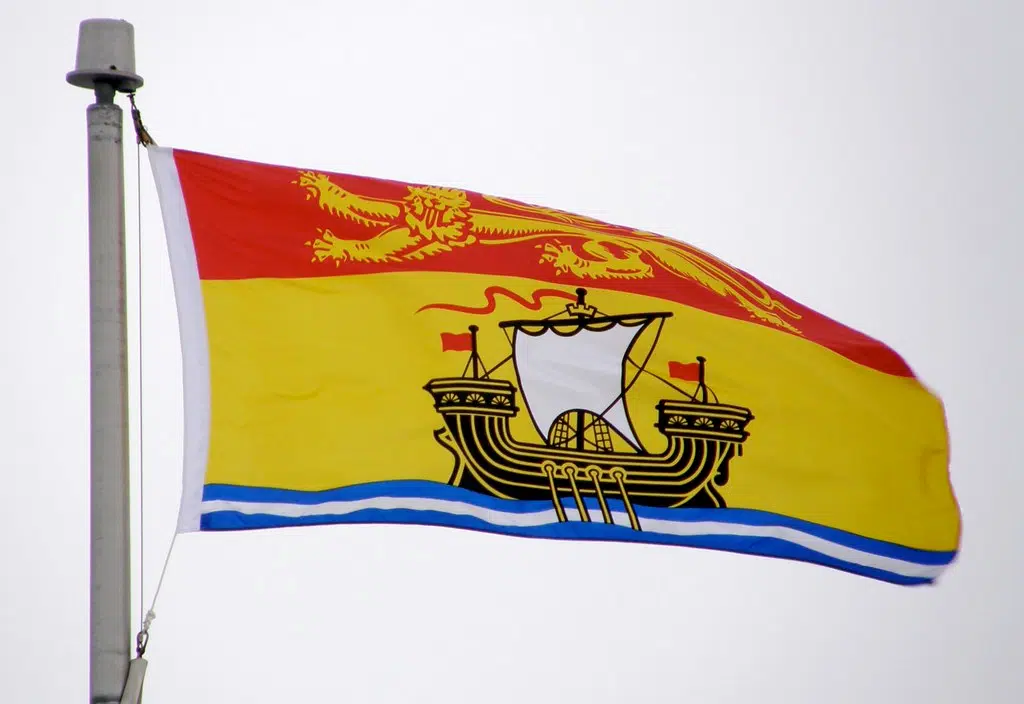In most settings in New Brunswick, pandemic restrictions are now a thing of the past.
As of 12:01 a.m., all remaining mandatory COVID-19 measures are lifted, and much of the province enters what’s being called the “next phase of living with COVID-19.”
For the public, wearing a mask in public spaces and placing a limit on the size of gatherings becomes a personal choice. It’s the second time New Brunswick takes this step after it was previously attempted during the “move to green” last August.
“With the vaccination uptake in the province, the ongoing management of our hospitals, and the commitment of New Brunswickers over the past two years, we are able to remove mandatory restrictions,” said Dr. Yves Léger, acting deputy chief medical officer of health in a news release.
“The virus has not left the province but as we move forward, I am confident that we can take the lessons we have learned throughout this pandemic and manage our personal risks and protect ourselves and those around us.”
Businesses and organizations can now open to full capacity and drop requirements for physical distancing.
However, similar to the transition from proof of vaccination, some places could still enforce health measures, so carrying a mask could still be a wise option.
New Brunswickers are still encouraged to stay home when sick, though isolation is no longer a requirement.
The province will only update COVID-19 data on weekly basis. Publishing statistics every Tuesday, the province will continue to use the COVID-19 dashboard until the end of March, when it plans to change formats.
Health officials now advise the public to manage personal risk and continue to use preventative measures.
Schools and child care facilities
Returning from March break, students can expect a different feel to the classroom, as restrictions will also be removed.
A reminder from schools as students return to class, without COVID-19 restrictions.
President of the New Brunswick Teachers Association Connie Keating believes it will take some time for everyone to get readjusted, “The key is that everyone is kind and respectful as we move through this period.”
Masks will no longer be required in the classroom or on the bus, but Keating says some teachers and students may choose to continue wearing one.
She asks that everyone respect that decision.
“We’ll be moving forward, keeping an eye obviously on what is happening in schools and continuing to have conversations with Public Health as needed. I absolutely believe it will be a significant transition,” Keating says.
A reminder as well, if your child is feeling unwell, to keep them at home..
It also signals changes to contact tracing, as members of the school community no longer have to self-report cases to schools and childcare facilities.
Classes for physical education and music return to normal, but it’s advised they be taught outdoors when possible.
Vulnerable settings
Among the settings where New Brunswickers will still find stringent public health measures are those that include vulnerable individuals.
Still at the red alert level, the province’s healthcare facilities continue to follow specific preventative measures that include limits on who can enter the building, screening at entrances, physical distancing, and the requirement to wear a mask.
In long-term care facilities, policies and protective measures in place include wearing a masking and isolating those who are sick.
Visitors must wear a mask but can remove them in a resident’s room with permission.
A five-day isolation period continues to be recommended for those who test positive in vulnerable sectors including shelters, and correctional facilities.
With files from Tara Clow and Robert Lothian.







